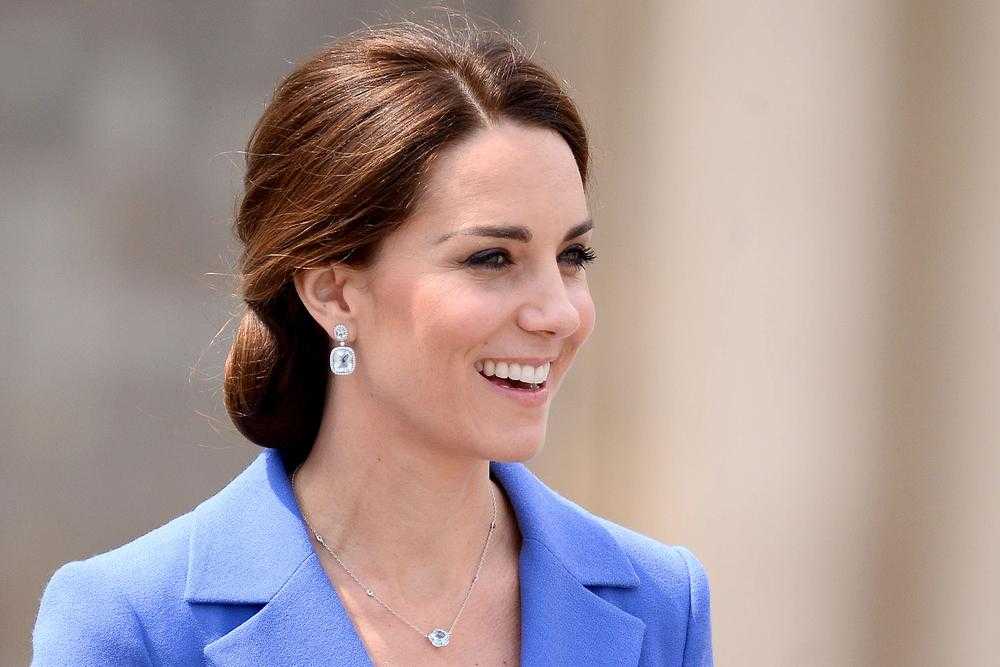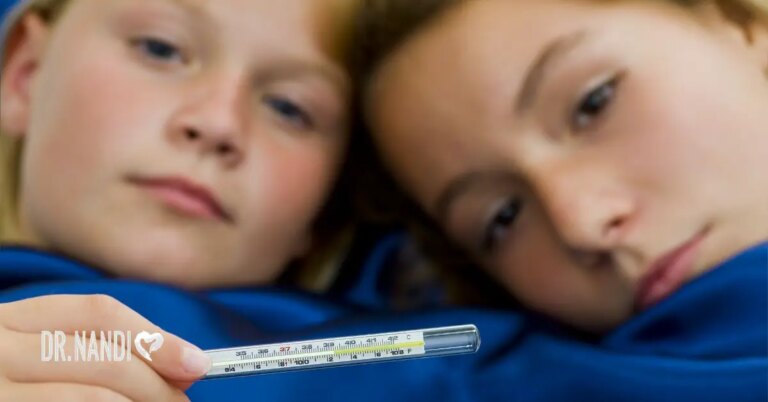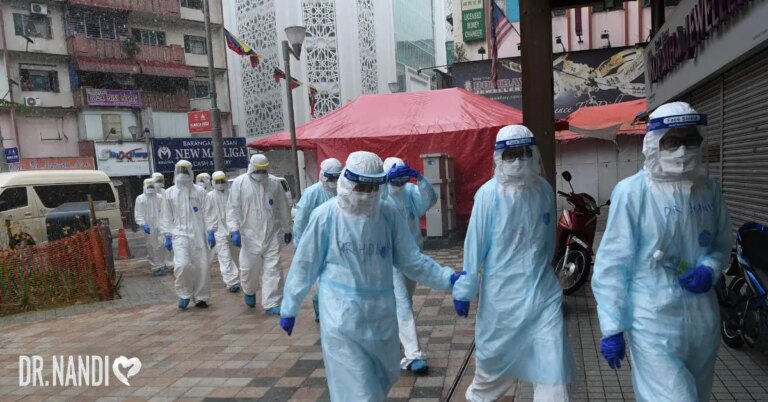Kate Middleton, the Princess of Wales, recently made headlines with a significant health update that has captivated public attention and evoked widespread support. Her absence from the Royal Ascot and other royal duties had stirred curiosity and concern among royal watchers. However, it was her poignant and candid revelation that truly resonated, shedding light on a journey filled with unexpected challenges and remarkable strength.
Amidst the grandeur of Trooping the Colour and the warmth of her family moments, Kate’s recent disclosures reveal a deeper narrative of strength, vulnerability, and unwavering dedication. Her journey, marked by personal trials and public responsibilities, continues to inspire and draw the collective empathy of a global audience.
Kate Middleton’s Cancer Diagnosis and Initial Announcement
Kate Middleton’s cancer diagnosis was publicly announced in March 2024, marking a significant moment for the Princess of Wales and her family. This news was shared through a heartfelt video statement where Kate revealed that she had undergone major abdominal surgery in January.
Initially, the surgery was believed to address a non-cancerous condition, but subsequent tests revealed the presence of cancer, leading to her diagnosis and the need for preventative chemotherapy.
In her statement, Kate expressed the shock and emotional turmoil that came with this diagnosis. “This, of course, came as a huge shock, and William and I have been doing everything we can to process and manage this privately for the sake of our young family,” she shared.
This period of adjustment included explaining the situation to their three children—Prince George, Princess Charlotte, and Prince Louis—in a manner appropriate for their ages, ensuring they understood the situation while reassuring them of her strength and determination to overcome it. The palace, respecting Kate’s privacy, has refrained from disclosing the specific type of cancer she is battling, emphasizing her right to medical confidentiality.

Cancer Progress and Ongoing Treatment
In her recent health update, Kate Middleton, the Princess of Wales, shared that she is making “good progress” in her battle against cancer, although her treatment is still ongoing. This candid revelation offers a glimpse into the realities of undergoing chemotherapy and the strength required to navigate such a challenging period.
Chemotherapy Journey
Kate’s treatment involves a course of preventative chemotherapy, which she began following the discovery of cancer during an abdominal surgery in January. The Princess explained, “I am making good progress, but as anyone going through chemotherapy will know, there are good days and bad days.” This statement underscores the physical and emotional toll of chemotherapy, where patients often experience a fluctuating cycle of strength and fatigue.
The chemotherapy process can be taxing, with side effects such as nausea, fatigue, and vulnerability to infections. Studies indicate that maintaining a positive outlook and staying engaged in enjoyable activities can significantly impact a patient’s overall well-being during treatment.
Balancing Duties and Health
Despite the challenges, Kate has managed to balance her treatment with occasional public appearances and her duties as a mother. On her good days, she finds joy in engaging with her children’s school activities, personal hobbies, and even a bit of work from home. “On the days I feel well enough, it is a joy to engage with school life, spend personal time on the things that give me energy and positivity, as well as starting to do a little work from home,” she noted.
Kate’s resilience is further highlighted by her commitment to attend significant events like Trooping the Colour, despite the rigorous demands of her treatment. Her appearance at this event, where she looked composed and elegant, provided a sense of normalcy and continuity to her public role.
Public and Family Support
The support from her family, especially her husband Prince William, has been a cornerstone of her journey. Prince William’s presence and understanding have been a source of comfort during this difficult time. Additionally, the outpouring of public support has played a significant role in bolstering Kate’s spirits. “I have been blown away by all the kind messages of support and encouragement over the last couple of months,” she expressed gratefully.
Public figures often face immense pressure to maintain their roles despite personal challenges. Kate’s openness about her health struggles provides a powerful message of vulnerability and strength, encouraging others facing similar battles to remain hopeful and resilient.
What Type of Cancer Does Kate Middleton Have?
Many are concerned and curious about what type of cancer Kate Middleton may have, following recent speculations about her health. However, both Kate and the Palace have maintained privacy on this matter, not revealing specifics about her condition. This discretion highlights the sensitive nature of personal health information, especially concerning public figures.
In the absence of specific details, it’s an opportune moment to discuss the broader context of cancer risks for women in their 40s—a demographic to which Kate belongs. At this stage of life, women face varied health challenges, and understanding the risk factors for cancer can significantly aid in early detection and prevention.
Women in their 40s are at a transitional stage biologically, where the risk for several types of cancer begins to increase. Factors contributing to these risks include genetic predisposition, lifestyle choices, and environmental exposures. For instance, genetics play a crucial role in diseases like breast and ovarian cancer, especially with mutations in the BRCA1 or BRCA2 genes, which can dramatically increase a woman’s risk. Lifestyle factors such as diet, physical activity, smoking, and alcohol consumption also contribute significantly to the risk of developing cancers, including those of the breast, skin, and colon.
Moreover, hormonal changes associated with aging can influence cancer risk. As women approach menopause, fluctuating hormone levels can affect their overall risk profile. Regular health screenings like mammograms for breast cancer and Pap tests for cervical cancer become increasingly important during this period. These screenings are vital for early detection, which is crucial for effective treatment outcomes.

Common Cancer Type Among Women in Their 40s
Awareness and early detection can play crucial roles in effective treatment and outcomes. Here are some of the most common cancers affecting women in this age group:
- Breast Cancer: Breast cancer is the most common cancer among women worldwide. Women in their 40s are advised to be vigilant about breast health, including regular self-examinations and mammograms as recommended by healthcare providers.
- Cervical Cancer: Although cervical cancer rates have decreased significantly in countries with regular screening programs, it remains a concern. Regular Pap smears and HPV testing are crucial in the early detection and prevention of cervical cancer.
- Colorectal Cancer: Colorectal cancer has been rising among younger adults, making it essential for women in their 40s to be aware of the symptoms and risk factors. Dietary factors, family history, and lifestyle can influence risk levels.
- Skin Cancer: Melanoma is a severe form of skin cancer that is more common in women before the age of 50. Monitoring skin changes and protection against UV radiation are vital preventive measures.
- Ovarian Cancer: While less common, ovarian cancer is significant due to its often late detection and diagnosis. Awareness of family history and genetic factors, such as BRCA mutations, can inform personal risk assessments and screening decisions.
Understanding these risks and maintaining regular health screenings are crucial steps women can take to protect their health. Early detection significantly improves treatment options and survival rates, emphasizing the importance of regular check-ups and awareness of one’s body and the changes it may undergo.
A Princess’s Path to Recovery
Kate Middleton’s journey through cancer treatment has been a testament to her strength, resilience, and the unwavering support of her family and the public. Her candid updates and public appearances, despite her health challenges, have inspired many and highlighted the power of solidarity and compassion. As she continues her treatment, Kate remains a beacon of hope and courage, balancing her royal duties with her personal health journey.
The Princess of Wales’s story is not just one of struggle but also of profound gratitude and determination. The outpouring of public support has played a crucial role in her recovery, showcasing the importance of community during difficult times. As Kate moves forward, her resilience and openness continue to inspire and uplift, offering a powerful message of hope and strength to all who face similar challenges.
My Personal RX on Managing Cancer Risk for Women
Cancer risk increases with age, but proactive measures can significantly reduce this risk, particularly in older women. As a healthcare professional, I emphasize the importance of adopting a comprehensive approach that includes lifestyle adjustments, dietary enhancements, and regular health screenings. Focusing on prevention and early detection is key to managing cancer risk effectively.
- Maintain a Healthy Diet: Adopt a diet rich in fruits, vegetables, whole grains, and lean proteins. Foods high in antioxidants and fiber can help protect against cancer by reducing inflammation and promoting healthy cell function.
- Incorporate Omega-3 Fish Oil: Omega-3 fatty acids, found in fish oil supplements, are known for their anti-inflammatory properties. Regular intake of Omega-3 Fish Oil can help reduce the risk of breast cancer and other cancers by modulating inflammation.
- Regular Exercise: Engage in regular physical activity, which has been shown to lower the risk of several types of cancer, including breast and colon cancer. Aim for at least 150 minutes of moderate aerobic activity or 75 minutes of vigorous activity each week, as recommended by health guidelines.
- Limit Alcohol and Avoid Tobacco: Alcohol consumption and smoking are linked to an increased risk of several cancers. Limiting alcohol and avoiding tobacco can significantly reduce cancer risk.
- Regular Health Screenings: Ensure regular screenings, such as mammograms and colonoscopies, as recommended by your healthcare provider. Early detection of cancer can lead to more effective treatment and a better prognosis.
- Manage Stress: Stress management is vital, as chronic stress can negatively impact your immune system and overall health. Techniques such as mindfulness meditation, yoga, and deep breathing exercises can help reduce stress and maintain mental and emotional well-being.
- Stay Informed about Hormonal Changes: Post-menopausal hormonal changes can affect cancer risk. Discuss hormone replacement therapy and other related issues with your healthcare provider to make informed decisions based on your personal risk factors.
- Follow the Protocol for Preventative Health: Use my 50-page comprehensive Protocol to guide your preventative health measures. This comprehensive guide includes tips on diet, exercise, and lifestyle habits that support cancer prevention.
Sources:
- Petit, S., & Perry, S. (2024, June 14). Kate Middleton says ‘There are good days and bad days’ in first health update since cancer announcement. Peoplemag. https://people.com/kate-middleton-shares-first-health-update-since-cancer-announcement-personal-letter-not-out-of-woods-yet-8663602
- Butterfield, M. (2024, June 14). Kate Middleton shares new photo and update, announces 1st public appearance. Global News. https://globalnews.ca/news/10567287/kate-middleton-cancer-update-new-photo-public-appearance-trooping-the-colour/
- Henni, J. (2024, June 15). Kate Middleton’s Trooping the Colour Outfit Was Actually an Upcycled Piece from Her Royal Wardrobe. Peoplemag. https://people.com/kate-middleton-trooping-the-colour-outfit-photos-8662914
- Nash, E. (2024, June 25). Princess Charlotte is very “protective” of mum Princess Kate amid cancer treatment. HELLO! https://www.hellomagazine.com/royalty/701203/princess-charlotte-protective-mum-kate-middleton-amid-cancer-treatment-exclusive/




















